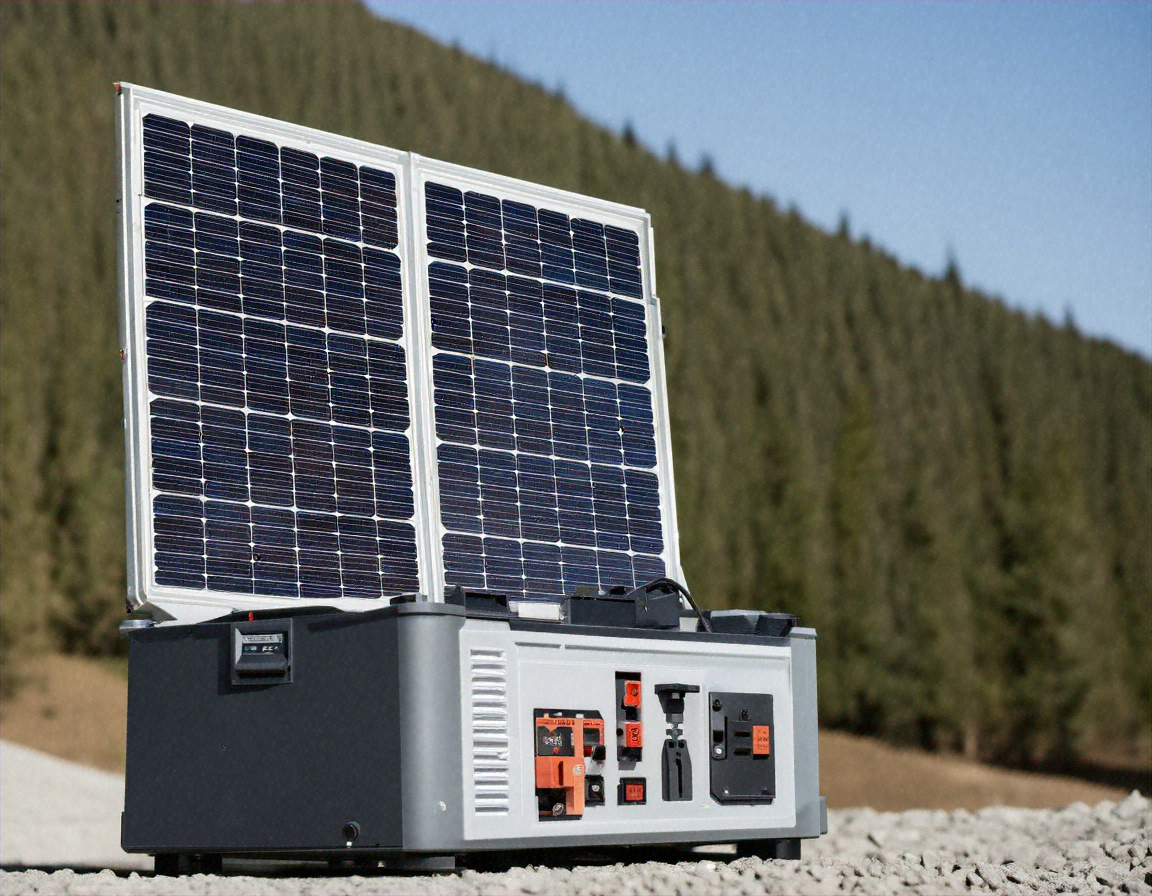Power Generators: Unlocking Reliable Energy Solutions
In an age where power outages can disrupt our daily lives and critical operations, power generators have become essential tools for ensuring a consistent energy supply. These versatile machines provide backup electricity during emergencies, support off-grid living, and offer portable power solutions for various applications. Let's delve into the world of power generators, exploring their types, uses, and important considerations for choosing the right one.

What are power generators and how do they work?
Power generators are devices that convert mechanical energy into electrical energy. They typically consist of an engine that burns fuel (such as gasoline, diesel, or natural gas) to drive an alternator, which in turn produces electricity. The basic principle behind power generators is electromagnetic induction, where a conductor moving through a magnetic field generates an electric current.
Modern power generators come in various sizes and configurations, ranging from small portable units for camping to large industrial generators capable of powering entire buildings. The choice of generator depends on the specific power requirements, fuel availability, and intended use.
What are the different types of power generators?
There are several types of power generators, each with its own advantages and applications:
-
Portable generators: These compact units are ideal for temporary power needs, such as during outdoor events, camping trips, or small-scale construction projects. They typically run on gasoline and offer outputs ranging from 1,000 to 10,000 watts.
-
Standby generators: Also known as whole-house generators, these permanent installations automatically kick in during power outages. They’re often powered by natural gas or propane and can supply electricity to an entire home or business.
-
Inverter generators: These advanced generators produce cleaner, more stable power suitable for sensitive electronics. They’re typically more fuel-efficient and quieter than traditional portable generators.
-
Solar power generators: Harnessing the sun’s energy, solar generators use photovoltaic panels to charge batteries, providing a renewable and environmentally friendly power source. They’re ideal for off-grid applications and as backup power solutions.
-
Industrial generators: These large-scale units are designed for continuous operation in commercial and industrial settings. They can run on various fuels, including diesel, natural gas, and biogas.
How do I choose the right power generator?
Selecting the appropriate power generator depends on several factors:
-
Power requirements: Calculate the total wattage needed to run essential appliances and devices simultaneously. This will help determine the generator’s size and capacity.
-
Fuel type: Consider the availability and cost of fuel in your area. Natural gas generators may be more convenient in urban settings, while diesel or gasoline options might be better for remote locations.
-
Portability: If you need a generator for multiple locations or outdoor use, a portable model may be more suitable. For home backup power, a stationary standby generator is often the better choice.
-
Noise levels: Some generators can be quite loud. If noise is a concern, look for models with lower decibel ratings or consider inverter generators, which are generally quieter.
-
Runtime and fuel efficiency: Consider how long the generator can run on a single tank of fuel, especially for extended power outages or off-grid applications.
-
Safety features: Look for generators with automatic shut-off mechanisms, circuit breakers, and low-oil sensors to protect the engine and connected devices.
What are the benefits of solar power generators?
Solar power generators offer several advantages over traditional fuel-powered models:
-
Renewable energy: Solar generators harness clean, renewable energy from the sun, reducing reliance on fossil fuels and lowering carbon emissions.
-
Low operating costs: Once installed, solar generators have minimal ongoing expenses, as they don’t require fuel purchases.
-
Silent operation: Unlike fuel-powered generators, solar generators operate silently, making them ideal for residential areas and noise-sensitive environments.
-
Low maintenance: With fewer moving parts, solar generators typically require less maintenance than their fuel-powered counterparts.
-
Versatility: Solar generators can be used in various settings, from remote off-grid locations to urban environments, providing a flexible power solution.
How much do power generators cost?
The cost of power generators varies widely depending on the type, capacity, and features. Here’s a general overview of power generator pricing:
| Generator Type | Capacity Range | Estimated Cost Range |
|---|---|---|
| Portable | 1,000-10,000W | $300 - $5,000 |
| Standby | 7,000-20,000W | $2,000 - $20,000 |
| Inverter | 1,000-7,000W | $500 - $4,000 |
| Solar | 500-3,000W | $1,000 - $5,000 |
| Industrial | 20,000W+ | $10,000 - $50,000+ |
Prices, rates, or cost estimates mentioned in this article are based on the latest available information but may change over time. Independent research is advised before making financial decisions.
When considering the cost of a power generator, it’s important to factor in installation expenses for standby generators, as well as ongoing maintenance and fuel costs for fuel-powered models. Solar generators may have a higher upfront cost but can offer long-term savings due to lower operating expenses.
Power generators play a crucial role in ensuring energy security and continuity in various settings. Whether you’re looking for a backup solution for your home, a portable power source for outdoor activities, or a large-scale industrial generator, understanding the different types, features, and costs will help you make an informed decision. As technology advances, we can expect to see even more efficient and environmentally friendly power generation solutions in the future.




